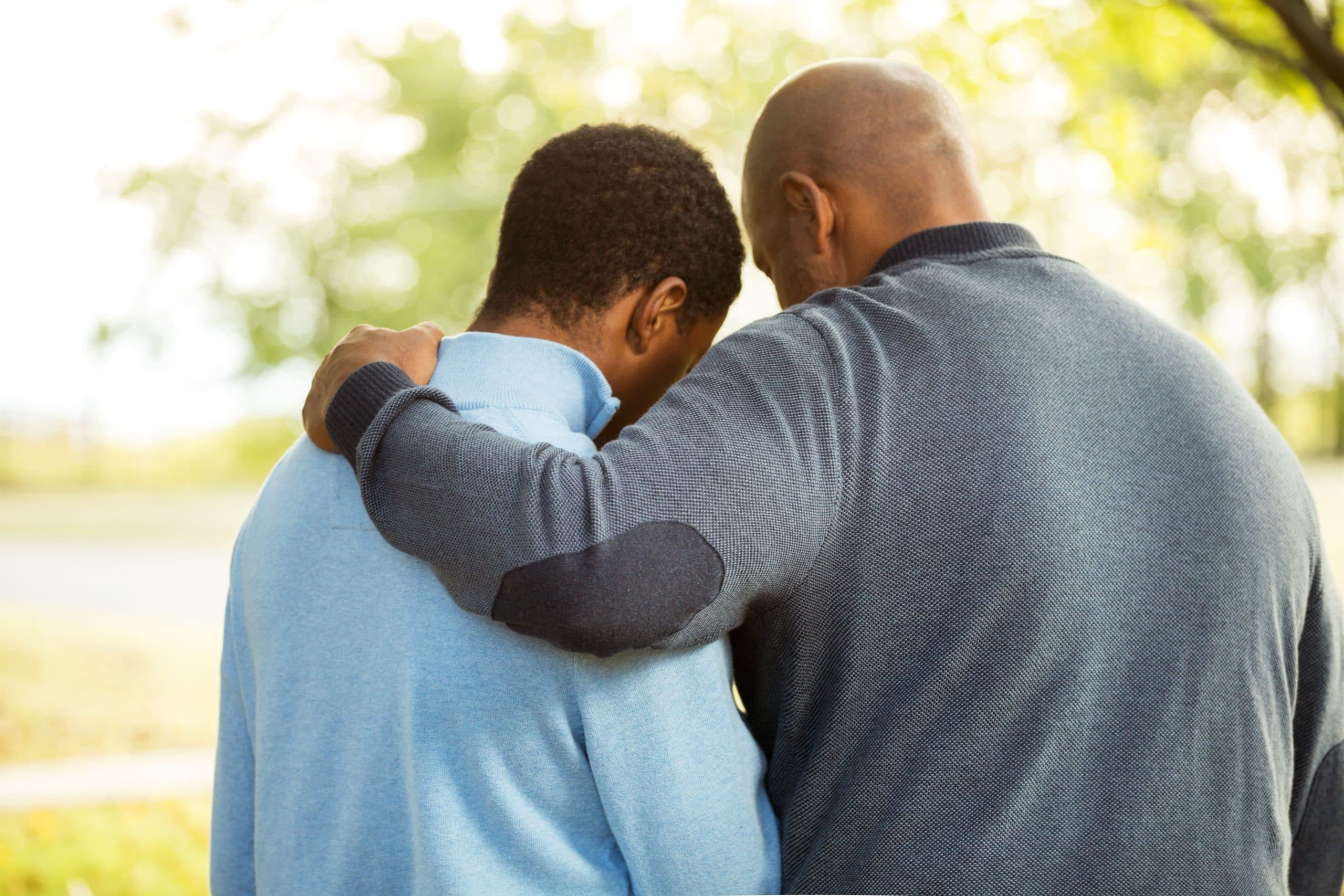Pre-Treatment Consultation

It’s hard for family and friends to know where to turn or what to do when a loved one has an unhealthy relationship with alcohol or drugs. At Recovery Care Partner, we understand that gathering information about recovery can be a daunting, overwhelming process (so many factors to consider, statistics to learn, and emotions to reckon with). We want our clients to make a fully-informed decision before engaging our services, which is why we gladly provide a free 60-minute consultation for all prospective clients.

Assessment
A professional assessment can help us determine:
- Whether there is a substance use problem;
- How severe it is; and
- What level of support is warranted.
Recovery Care Partner uses interviewing and diagnostic tools to get a clear view of someone’s drug or alcohol problem. We need to be able to understand their biology, their psychology, their social history, and their behavior. Once we have that important background information, we can analyze it to identify a clear pattern of substance abuse (and sometimes co-occurring mental health challenges as well). Our assessment results in a personalized, full-continuum recommendation for treatment.
Intervention Services

When a group of people gather to encourage an addict or alcoholic to get help, we call it an intervention.
The goals of an intervention are to:
- Support the addicted person to accept help; and
- Help the entire family and friends system learn healthy behaviors.
Because addiction is a disease that does not follow the laws of logic or rationality, we intervene in a way that bypasses the addict’s brain impaired reasoning – and therefore their defense mechanisms – and instead touches their heart.
70-75% of the time, that means the loved one accepts help on the spot.
(An additional 10% will accept help sometime after the intervention, provided family and friends uphold their boundaries and enforce consequences.)

Recovery Care Partner intervention and addiction recovery services are guaranteed to be loving and compassionate. We are clear, firm, and professional because the life-threatening circumstances of alcoholism/addiction require it. We will never resort to the bullying and dramatics that some publicized interventions portray.
We provide guidance in stages:
- Educate participants on the disease of Substance Use Disorder
- Plan a conversation that will maximize the chance of the addicted person accepting help
- Recommend the type and level of treatment that will maximize the addicted person’s chance of establishing a sustainable recovery
- Be an ongoing source of post-intervention support
Recovery Care Partner’s interventions are driven by love, compassion, clarity, and firmness. We believe that combination is the most powerful antidote to the fear, anxiety, anger, and desperation that lead people to interventions in the first place.

Post-Treatment Support

After treatment, it can be challenging to re-integrate and adjust to a sober lifestyle. As part of its full continuum of care, Recovery Care Partner offers a variety of post-treatment services:
- Case Management
- Recovery Care Monitoring: Adult
- Recovery Care Monitoring: Young Adult
- Academic Coaching
- Sober Transport
- Sober Companion
- Random Screening
Case Management
Your loved one will leave treatment with an aftercare plan, and RCP’s Case Management service helps them stick to it. Scheduled check-ins keep them accountable and minimize their chances of relapse in the months following discharge from treatment.
| Service Tier | Phone Contact | Family Contact |
|---|---|---|
| Tier I | Daily | Weekly |
| Tier II | Weekly | Monthly |
Recovery Care Monitoring:
Adult
The Recovery Care Monitoring (RCM) program provides a type of support that has historically only been available to licensed professionals – until now.
Our methodology is based on research by renowned addiction expert Dr. Robert DuPont. The evidence indicates that combining 12-Step recovery and random screening with an accountability structure yields long-term, sustainable recovery.
Studies confirm that clients have the best outcomes when they get a minimum of 84 days of post-treatment support. We offer that support in 28-day increments.
| Service Tier * | Phone Contact | Face-to Face** Meeting (Client) | Random Screening *** | Family Meeting |
|---|---|---|---|---|
| Tier I | Daily | 1x / week | Individualized | 4x / month |
| Tier II | Every other day | 1x / week | Individualized | 2x / month |
| Tier III | 2x / week | 1x / week | Individualized | 1x / month |
Recovery Care Monitoring:
Young Adult
For young adults, it can be challenging to transition from an alcohol or drug-centered lifestyle to a recovery-based one.
We provide individually-tailored support to newly sober young adults around things like executive functioning (planning, focusing, meeting deadlines), professionalism (job searching, interviewing, resume-building), and academia.
Functional routines and community engagement enrich recovery. We help your loved one integrate meetings (12-Step, SMART, or other community-based support), random screening, and regular check-ins into their daily lives.
Studies confirm that young adults have the best outcomes when they get a minimum of 84 days of post-treatment support. We offer that support in 28-day increments.
RCM:Y Tier I
- Weekly 1-hour face-to-face meeting at the beginning of the week for progress update and mentoring
- Weekly 1-hour face-to-face meeting at the end of the week followed by accompaniment to one 12-step meeting, followed by up to an hour of fellowship
- Nightly phone check-in
- Weekly parent call to review progress and challenges progress and challenges
RCM:Y Tier II
- Weekly 1-hour face-to-face meeting for progress update and mentoring
- Accompaniment to one 12-step meeting, followed by up to an hour of fellowship
- Phone check-in three times per week
- Twice monthly parent call to review progress and challenge

Academic Coaching

Academic coaching helps young adults in recovery who struggle with executive functioning, which tends to present as difficulty with planning, goal-setting, focusing, and follow-through.
This service is especially helpful for those particularly challenged by disorders like Attention Deficit Hyperactivity Disorder (ADHD), Nonverbal Learning Disorder (NVLD), and dyslexia.
Academic coaching is offered wherever the client most needs it –- at school, at home, virtually, or elsewhere, and includes (but is not limited to):
- An accountability framework to facilitate getting assignments completed and submitted on time;
- Coaching on creative use of tools like whiteboards, planners, clocks, apps, and workbooks; and
- Support related to academic caseload and advice on bigger-picture strategy (such as whether to continue in academia, or whether to opting for pass/fail in place of letter grades, etc.).
Your loved one’s recovery begins the moment they step into an RCP sober transport vehicle. All of our drivers have lived experience in recovery. They ensure your loved one’s travel is safe and comfortable, both emotionally and physically. More than a ride, this service offers support in what can otherwise be a vulnerable and relapse-prone moment.
For a newly recovering person, random screening isn’t there to catch someone in the act of relapsing – it’s to deter them from relapsing in the first place. Random screening gives clients a sense of accomplishment and helps them rebuild relationship trust.
Soberlink
The Soberlink alcohol monitoring system uses cutting-edge wireless breathalyzer technology to document proof of sobriety in real time.
Urine and Saliva Screens
RCP utilizes discrete 17-panel urine screens and saliva swabs, which save our clients time and the potential embarrassment of having to report to a lab for testing.
Sober Companion

When a newly recovering person needs discreet, professional, or intensive one-on-one support, we offer a spectrum of sober companionship services, like:
- One-time support (accompaniment to a doctor’s appointment, work function, social obligation, etc.)
- Companionship upon discharge to assist with establishing recovery on the road
- Full-time, live-in support for developing healthy habits and implementing lifestyle changes




